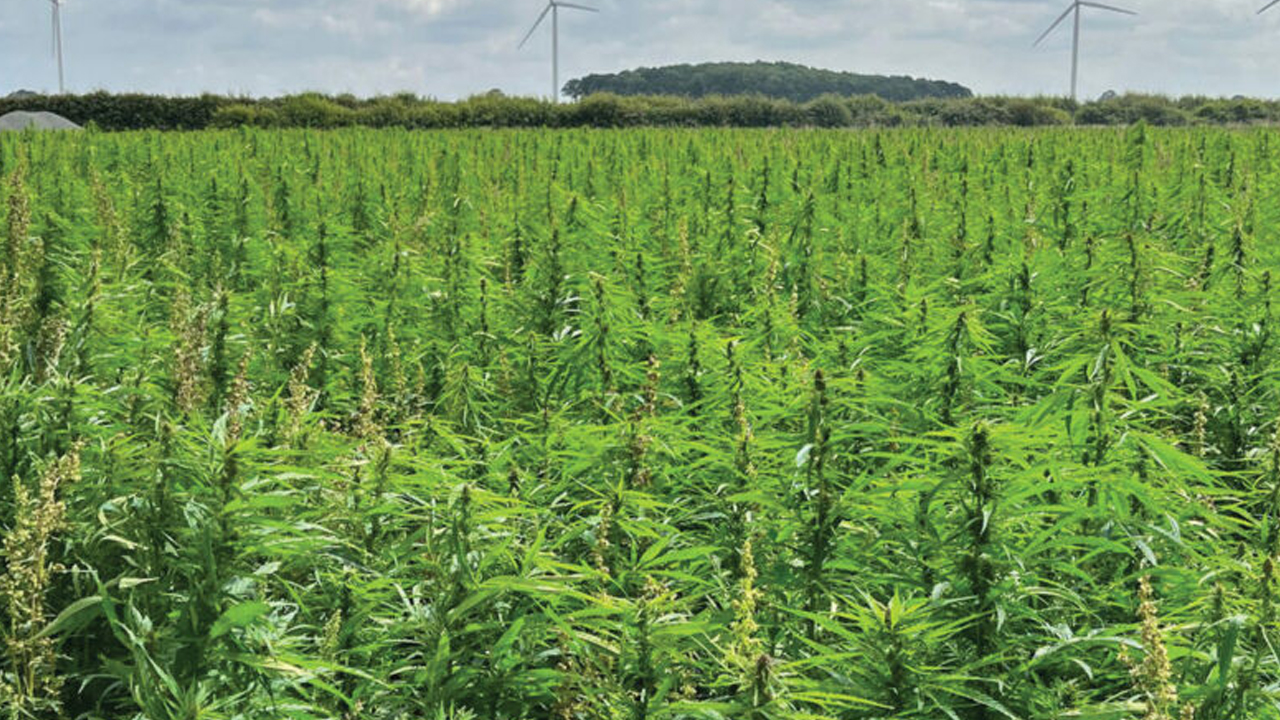
Anyone in the business of food and beverages has had to get up to speed with CBD in recent years. Cannabidiol, one of main molecules in the cannabis plant, has been never really been illegal (when extracted from said plant) to possess in the UK. However, in recent years it has appeared all over British high streets and online shopping feeds. So what exactly makes CBD so popular, and what does it do?
This article will explore what the current market looks like for consumers and businesses, what CBD is, and does, and what opportunities and concerns there are in the market going forward.
Current Market Status and Size
In 2024, the CBD market in the UK totalled some £450 million in consumer spend. It is expected to hit £1 billion in 2025 or 2026. This is impressive, but actually less than many forecasts from earlier in the 2020s.
That’s because prescribed CBD containing medications were initially in the same data set as commercial, supplementary CBD. Since those data sets updated, the commercial CBD market has dipped a little – but it is still going strong.
When getting started with any supplement, finding a quality supplier you can trust is paramount. Sourcing the best cbd is no different. A quality rating aggregator can you help you assess where the best products are found, and which types of CBD supplements (or even prescribed medications) are best for your needs.
CBD began as small batch oils sold by small businesses. It soon blossomed into a huge multimillion pound industry. Despite the substance itself never being illegal, manufacturing it in the UK has been. That is because – as the government clarified in 2018 when it made medical cannabis legal – possessing the cannabis flower (THC or no) without a prescription is considered against the law.
There are some limited licensed medical cannabis growers in the UK supplying CBD oil today. But not many. Paradoxically, the UK’s commercial hemp growers (very low THC, CBD dominant cannabis historically grown for textile use) have to literally destroy the CBD containing part of the plant before harvesting. Not because the CBD is illegal, but because the cannabis flower is.
All this means CBD products in the UK are derived from commercial hemp plants grown mostly in the EU. That is, where there are fewer restrictions on cultivating the hemp flowers for commercial CBD harvesting.
What is CBD and What Can It Do?
This imported CBD is then made into a huge variety of commercial products in the UK. For example:
- Pure CBD oil, taken sublingually (under the tongue)
- Gummies, sweets and other edibles
- CBD containing drinks
- Vapes and inhalers
- Sporting supplements for muscle recovery
It is increasingly common to see CBD containing cannabis flowers for sale on UK high streets and online. However, these are produced in a legal grey area and they aren’t recommended for those seeking therapeutic CBD uses.
To be clear, taking commercially available CBD products for mental health issues, for example, is unlikely to have the same efficacy as someone clinically prescribed medical cannabis for depression. Tailoring treatment plans for individual needs through expert consultation with professional clinicians will help you get the medical results you need.
Cannabidiol is non-psychoactive. Or at least not overtly, and it is legally defined as so. Many people report a subtle relaxing effect from it, although more clinical research is needed. Cannabidiol does not activate the body’s Endocannabinoid System in the same way as THC, but has a modulating effect on various other bodily functions.
The most popular use for CBD among Brits is older women using CBD oil to alleviate pain or anxiety and aid sleep. Although, younger people are increasingly turning to it as a topical applicant for skincare.
Regulation and Quality are a Concern
Interestingly, despite being commercially available, a significant percentage of people who take CBD obtain it through a prescription from a medical cannabis clinic.
That is because clinics come with consultations, expert advice and trusted supplies. Medical grade cannabis that is converted to CBD is also likely to create higher quality products than that sourced from agriculturally grown hemp.
There have been some studies showing many products that claim to contain CBD have less than the recommended dosage for a therapeutic effect. It is important that customers have trust in the market, which is why some medical patients turn to prescriptions over online or high street retailers.
Opportunities and Risks Going Forward
That leads into the future of the UK’s CBD market. Currently the second biggest in Europe, it is primed to be even bigger if the government is willing to help it.
One big opportunity is if the the laws on CBD cannabis flower can be relaxed. While it has no THC and CBD isn’t illegal, for various reasons, the government still considers it to be illegal.
This has been challenged in the courts, with some success, but until the law changes completely the fair amount of UK hemp growers will have to continue destroying a potentially valuable part of their crop that could be supplying UK customers. The government made some concessions to hemp farmers in 2024, but CBD production would unlock even more economic growth.


